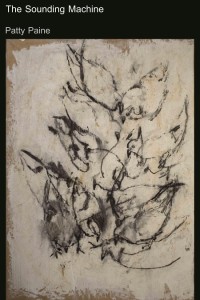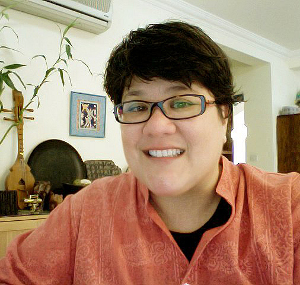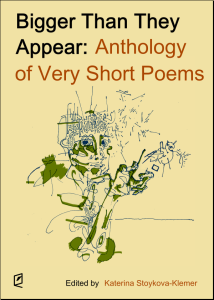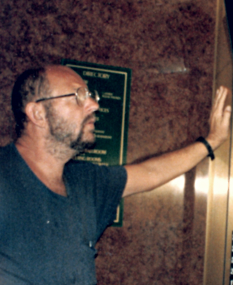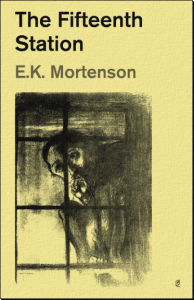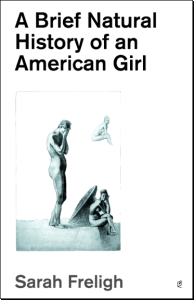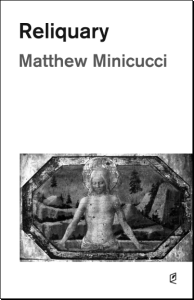down the sundeck stairs,
over and over
until bones flew
apart inside her body.
Her father slipped
into her room, told
how he dreams of nothing
but the pigeon he killed
when he was a child.
Every night he stands over
himself weeping and ashamed.
Next morning she slides open
her father’s chest and sees
a gleaming
row of wrenches,
each mouth gaping
wider and wider.
She palms the smallest
and can almost slip
her pinky between its steel lips.
The largest grips her
wrist. She twists
until it catches skin, bites
bone, until the cold
concrete sways beneath her
bare feet, and pain opens
her like a wing.
–Patty Paine,
The Sounding Machine
Accents Publishing
